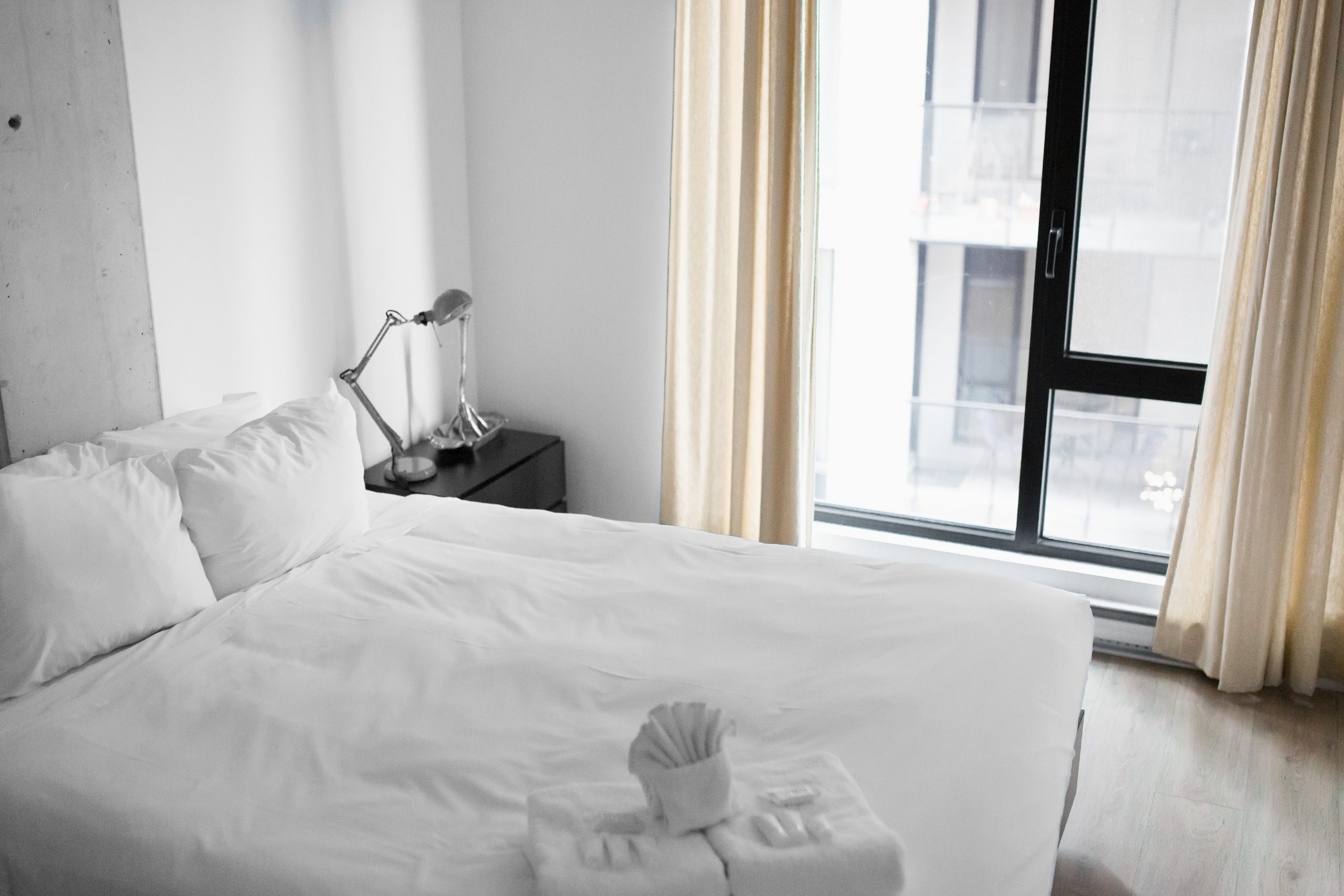H
How do you make yourself sleepy in bed? Are there specific points on the body where you can hit the snooze button? Or is it all about frequency?
Whatever the cause, sometime during the day your brain begins to associate bed with being awake. When you are aware of it, your body is able to suppress the urge to sleep. However, when you are not aware of it, your brain begins to associate the bed with being asleep.
This is why it is so important to have a regular bedtime routine. Having a routine helps separate your sleep time from non-sleep times and to-dos. If you don’t follow a routine, your body will start to associate the bedtime with being awake and you’ll find yourself unable to sleep.
Problems clearing you head at night can also stem from your daytime habits. The more overstimulated your brain becomes during the day, the harder it can be slow down and unwind at night. Maybe it’s due to the fact that you’re constantly interrupting non-sleep tasks, such as checking your email, checking your Facebook, or opening a new tab, your brain begins to associate the bedtime with being awake.
There are various ways to manage your overstimulated brain. One such method is to regularly take breaks. When you’ve got a lot of stuff to do, try to stop yourself from doing so. For example, you can also ask yourself if it’s time to take a break from social media because you don’t feel like talking to strangers.
How do you make yourself sleepy in bed? Read a book or do a crossword puzzle instead, if you’re tired of doing that. You can also try opening up a window or turning on a fan because people sleep better when it’s cooler. If you still can’t fall asleep within 20 minutes or so, get up and do something else for a while like read. Then, when you get tired again, go back to bed.
Some people swear by drinking a cup of herbal tea or a glass of warm milk before bed, and there is research to support them. Dairy products like milk are rich in tryptophan and stimulate the brain to produce sleep chemicals like serotonin and melatonin.
Chamomile tea has also long been touted as an insomnia buster. In fact, recent studies have demonstrated that chamomile can reduce symptoms of anxiety and is a mild sleep aid in animal test subjects.
Medication should be a last resort. The fact of the matter is that sleeping pills are not a magic bullet. Many are habit-forming, meaning that you can become addicted to them, and also do not give you deep and restorative sleep you need, with side effects like drowsiness, headache, memory problems, and behaviors like sleep-walking.
Luba Lee, FNP-BC is a Board Certified Family Nurse Practitioner (FNP) and educator in Tennessee with over a decade of clinical experience.
How do you make yourself sleepy in bed? Perhaps by reading a book or doing a crossword puzzle? Or even sticking your head in a window and letting the cold air in beat on your bones?
Waking yourself up by going to bed at a certain time is not a very effective way to fall asleep. First of all, your internal clock resets at a rate of about one hour per day, and some body systems may take even longer. And second, even if you cut back on how long you spend in bed, you won’t be asleep at night.
To make yourself sleepy, you have to get your body to associate the bed with sleeping and nothing else. That process can be a bit of a mystery. One study shows that, in the wild, human beings evolved a sleep/wake cycle that was roughly 3:00 AM to 5:00 PM. That said, most of the world’s population is now asleep by that time (if they’re awake at all).
The term “bed bug” might conjure up images of blacklegged moths or creepy crawlies, but bed bugs actually serve a very different purpose. Unlike those pesky, nagging insects, bed bugs don’t actually feed on your sleep. Instead, they feed on the fabric of your sleep.
Your bedroom should be a space where you and your partner can create space for creative expression. The bed should be freeform and inviting, free of restrictions that might discourage creativity.





